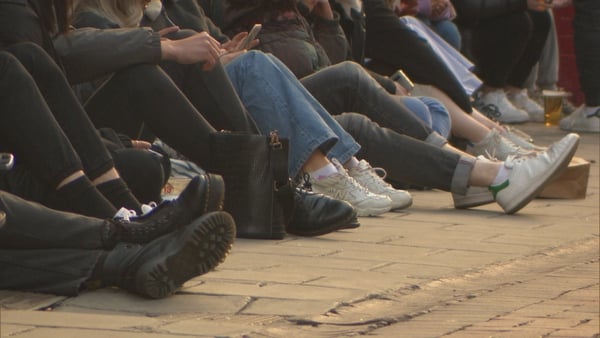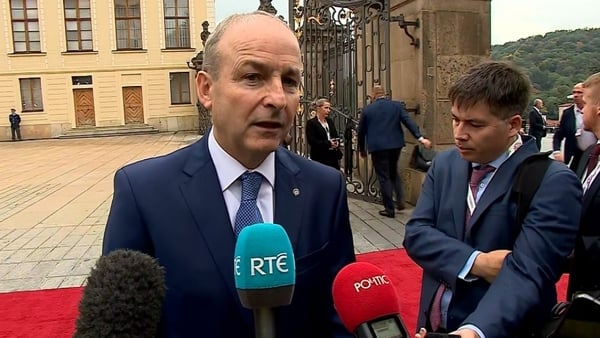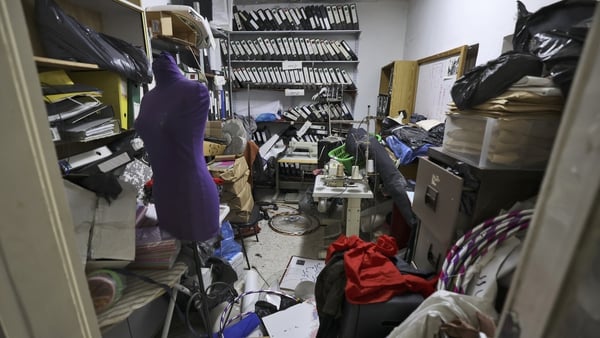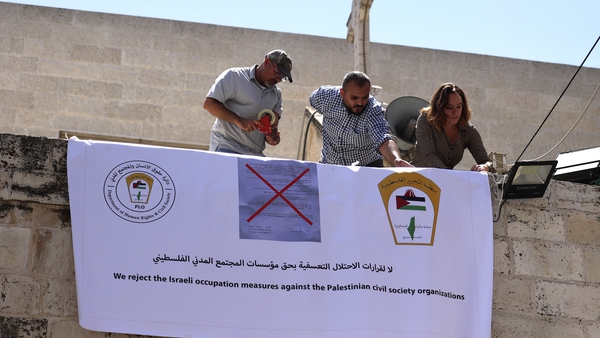The European Commissioner for Justice has said that Ireland is the only European Union member state that will not be ready to comply with the EU Digital Covid Certificate for travel when it comes into effect on 1 July.
Didier Reynders told a briefing in Brussels that Ireland was the only country not able to comply with the binding regulation.
This was due to the recent cyber attack on the Health Service Executive, according to Mr Reynders.
"I want to confirm that we have a really good evolution with all the member states, except Ireland, til now.
"Due to a cyber attack in Ireland it was difficult to reach the goal to have all of the technical solutions in place before the 1st of July but for all the other member states we don't have any concerns about the way to proceed".
The Digital Covid Certificate - or Digital Green Certificate - is to be used as proof that travellers have been vaccinated against Covid-19; received a negative test result; or recovered from the disease.
Ireland is the only EU member state that will not be ready to comply with the EU Digital Covid Certificate for travel when it comes into effect tomorrow, due to the recent HSE cyber attack, the European Commissioner for Justice has said | Read more: https://t.co/Vimp6ypZJg pic.twitter.com/3vnkwhZNcC
— RTÉ News (@rtenews) June 30, 2021
Meanwhile, the Department of Health has been notified of a further 452 cases of Covid-19.
The number of people in hospital is 44, with 14 of them being treated in intensive care.
The department said that daily case numbers may change due to future data review, validation and update.
Chief Medical Officer Dr Tony Holohan has rejected the idea that testing rather than full vaccination could be used to pave the way for the reopening of indoor hospitality.
Elsewhere, Tánaiste Leo Varadkar said the next three weeks would be used to accelerate the vaccine programme and to monitor the Delta wave based on what is happening in the UK.
In Northern Ireland, there have been another 375 confirmed cases of Covid-19 - the highest daily figure since mid-February. No further deaths have been reported in the past 24 hours.
Twenty patients are in hospital and two are in intensive care.
The average seven-day incidence rate per 100,000 is 97.8. The area with the highest rate remains Derry & Strabane on 275.6, while the area with the lowest rate is Armagh, Banbridge & Craigavon on 48.1.
A total of 2,027,724 vaccines have been administered there.
An infectious diseases physician at St Vincent's Hospital in Dublin said that experts do not know the dynamic of the Delta wave other than it seems to be slower than other waves.
Speaking on RTÉ's Drivetime, Professor Paddy Mallon said that while daily case numbers in the UK are going up, it is a slow exponential increase, with the number of cases doubling in 10 days.
"One of the unknowns is that we could be waiting a considerable amount of time to actually get the reassurance that we may need, that those high case numbers don't translate into high hospitalisations."
Prof Mallon said that is going to take longer than the next week or 10 days, and Ireland needs to look at risk reduction and doing that logistically.
In relation to the proposed plan to facilitate indoor dining, he said: "The real challenge that we have is how you operationalise any of this, and operationalise it in such a way that not only is it feasible, but it's legal, both within the law but also in aspects of data protection and that it actually works logistically".
He said it is going to be a challenging few weeks.







